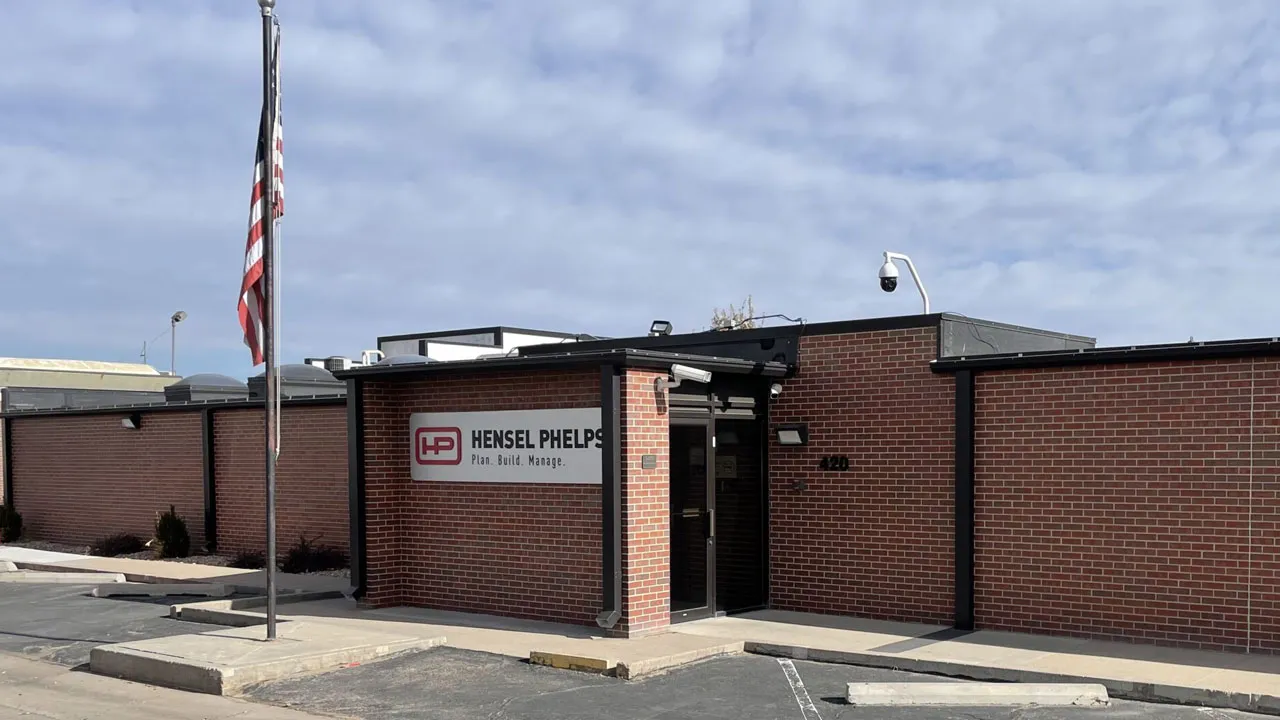Loveland council picks Boulder attorney as special prosecutor

Loveland City Council appointed Kathy Haddock, lead counsel for the city of Boulder, as special prosecutor to weigh possible misdemeanor criminal charges against the four current council members and an additional three former members.
THIS ARTICLE IS FOR SUBSCRIBERS ONLY
Continue reading for less than $3 per week!
Get a month of award-winning local business news, trends and insights
Access award-winning content today!
Already have a paid subscription?
Sign in with GoogleSign in with Google





